“You are only as good as the good you do for others.” ~Unknown
The above quote has been part of my email signature since 2011 and has come to represent both the philosophy by which I try to live my life and the mantra upon which I base my career & business. As I have worked with various clients on defining their professional brand, I have realized that more than anything -- a brand is our offer of value to others. The beauty in this perspective is that we all have something of value to offer and contribute to the world. The challenge is how difficult it can be to identify and articulate this value in a way that resonates with others and inspires them to engage with you.
If you think about it, a job posting is just the far wordier equivalent of the classic, “Help Wanted” sign, hung in a retail store window. Employers are seeking the best person they can find to help them deal with a specific set of pain points that are currently hurting their business. Your job as a candidate is to develop a brand and career platform that demonstrates your experience in resolving this or a similar enough set of pain points to be compelling.













